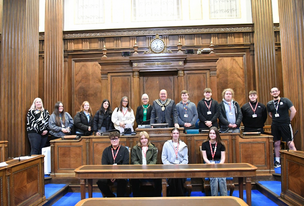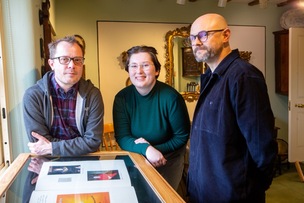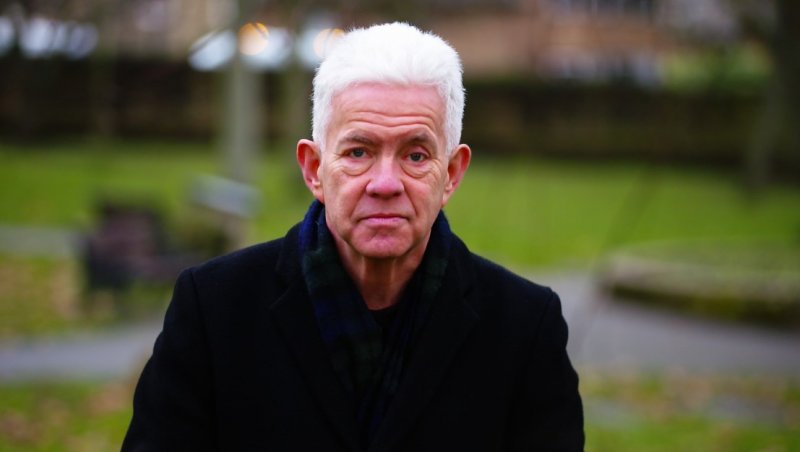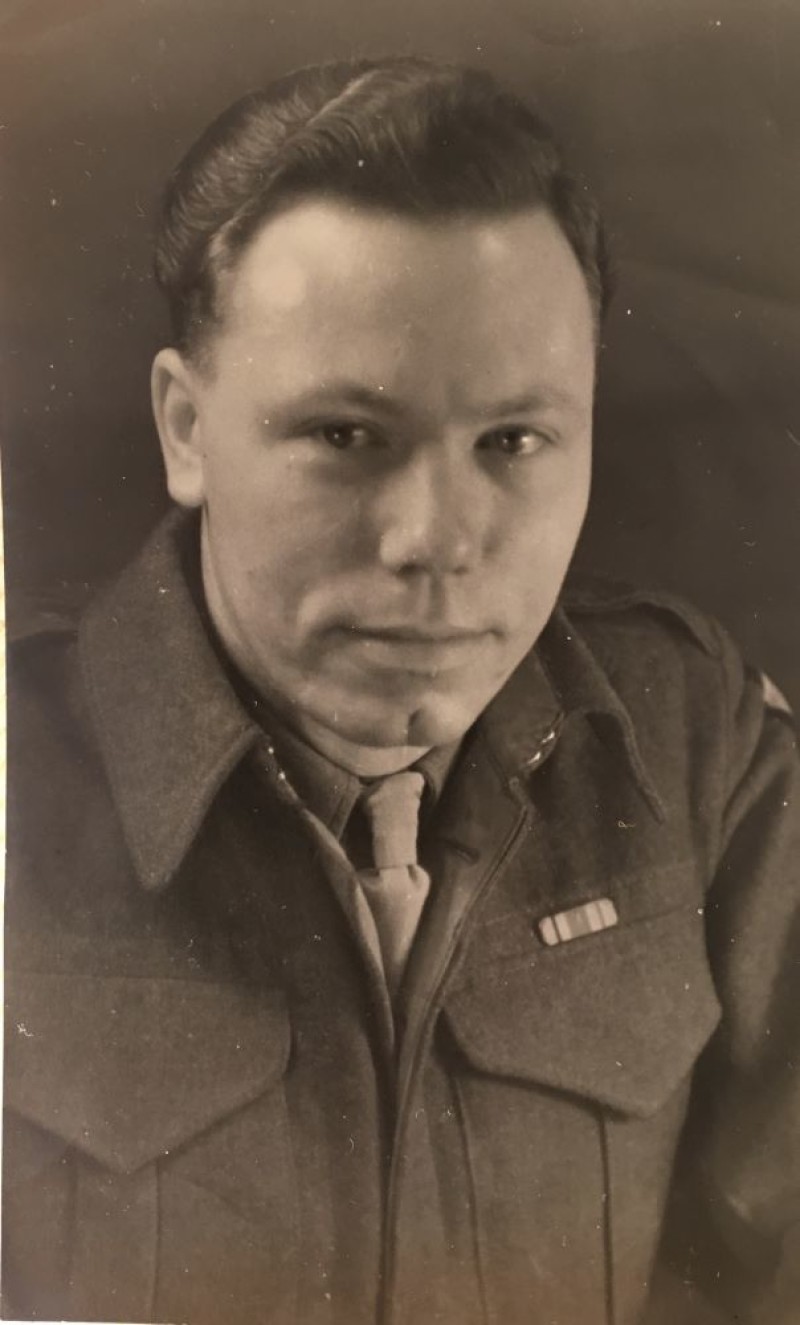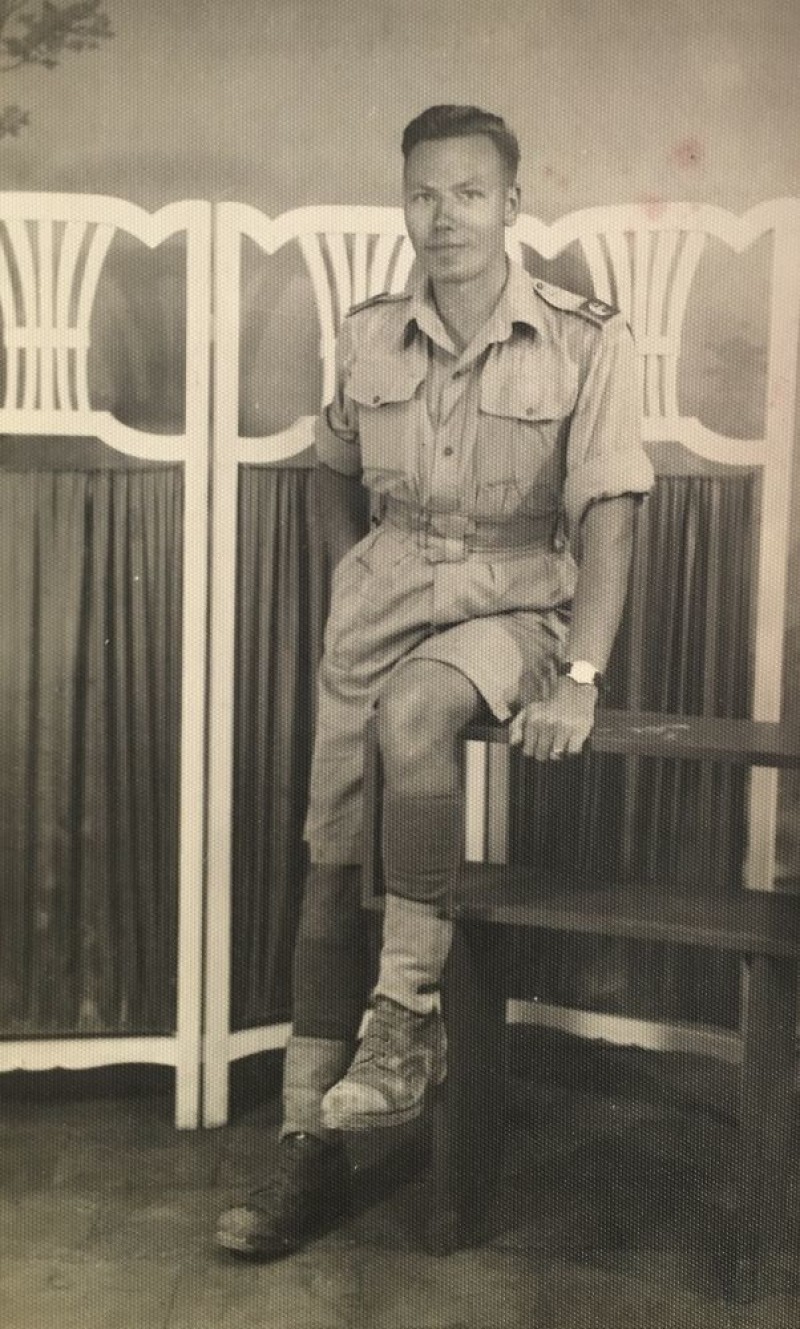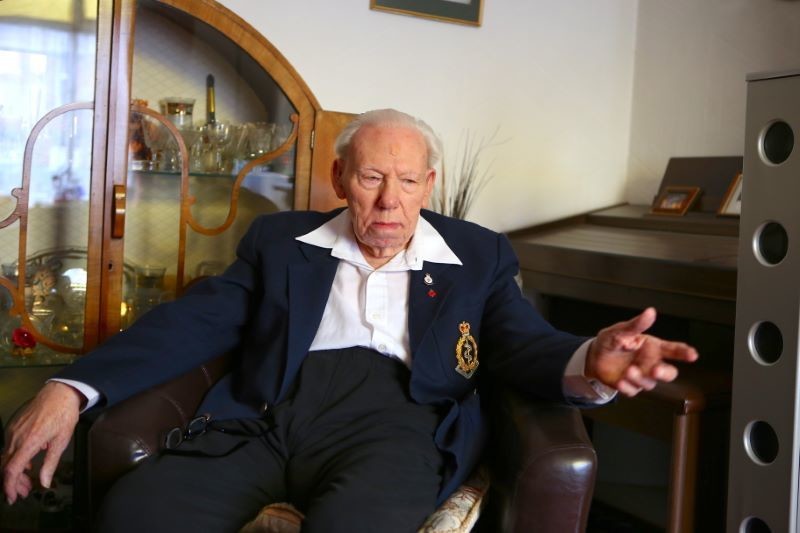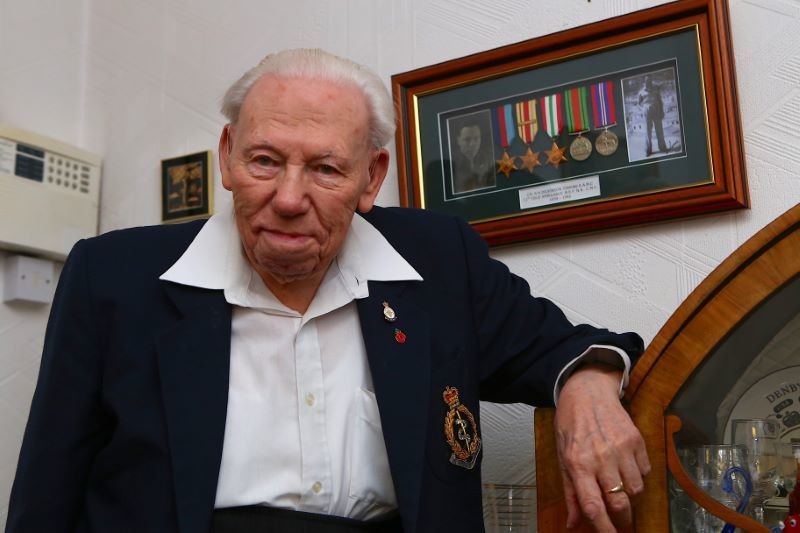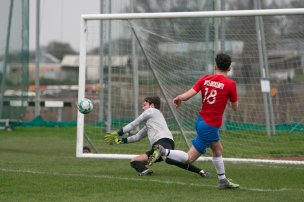A WAR veteran who puts his long life down to ‘good health, a lot of friends and a lot of luck’ has celebrated his 101st birthday.
Ron Dickinson served in the Royal Army Medical Corps (RAMC) during the Second World War, in that time seeing service in Dunkirk, Algiers, Tunisia and Italy.
After surviving friendly fire, narrowly avoiding being aboard a sunken ship and escaping the eruption of Mount Vesuvius, Ron’s luck ran out and he was injured by shrapnel whilst serving in Italy.
But Ron, who had worked for St John Ambulance before the war, has spent the latter part of his life in an entirely different setting - as vice-chairman of the Penistone Cinema Organ Trust.
Ron joined the trust in 1999 after the death of his wife, and played a part in the restoration of the Compton organ at the Penistone Paramount.
“He’s a smashing bloke and a true gent,” said trust founder and organist Kevin Grunill, who has known Ron for almost 30 years.
“When we got the Compton organ he always showed an interest in where it would end up.
“When we installed it in the Penistone Paramount, he was the natural choice to become vice-chairman of the society.
“I think after his wife passed away, Ron wanted to pass a bit of time and really threw himself into the role.
“He was always cleaning or sanding things down, and basically doing anything he could to learn more about the organ.
“And, most importantly, he made tea - he was always making sure we were well-watered.
“He was very supportive of the trust and would be down two or three days a week.
“He’s slowed down a bit recently and we have allowed him that.
“But he’s always remained fascinated by the instruments, learning as he went.”
Grove Street School pupil Ron was one of the first troops to leave Barnsley in July 1939, being called up to the RAMC due to his experience with St John’s Ambulance.
“I went to Aldershot where I reported for training,” said Ron, of Upper Sheffield Road.
“I was only supposed to be there six months and ended up coming back six years later.”
He arrived in Dunkirk and took part in the evacuation, before taking part in the Operation Torch landings in which Allied forces arrived in the French-controlled region of North Africa.
As part of the 78th ‘Battleaxe Division’, Ron said he had to trek across the ‘unbelievably cold’ Atlas Mountains before a long stay in Tunisia.
After surviving the Dunkirk evacuation - Ron adds he never learnt to swim, but ‘often wished he had’ - another stroke of luck was to come his way.
Set to board the RMS Viceroy of India as it returned from Africa, he missed the departure - on the day the ship was sunk by German torpedoes.
His unit was posted to Cassino, but that would be where Ron’s military service ended.
Monte Cassino, a hill taking its name from the nearby town, was the site of tragedy as Allied forces began an assault based on incorrect information, dropping bombs on their own forces and killing more than 200 civilians apparently seeking shelter in the town’s abbey.
As Ron sought cover on a hill, he was struck by shrapnel from one of the bombs.
“It had been raining very heavily, and the shells were getting stuck in the mud,” said Ron.
“Just when I thought everything was going all right, I got wounded and that was that.”
Ron says he never got to take part in any victory parades, but admits that is a small price for returning home safely.
“I can say I have been very lucky,” said Ron.
“The RAMC don’t tend to get a lot of credit but they are real heroes, and I feel sorry for all my friends who didn’t make it back.
“I have had good health, a lot of luck and a lot of friends, and I’ve never had to put whisky in my tea to get out of bed on a morning.”

